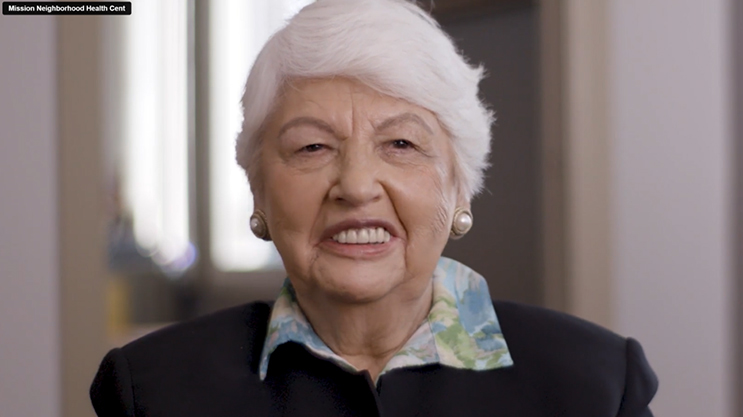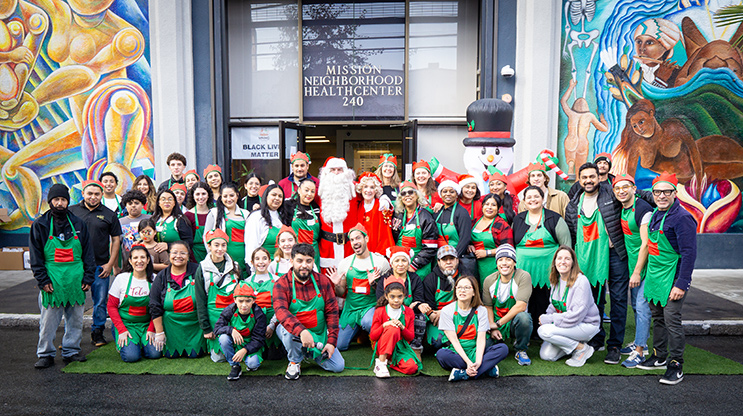April 11, 2017
MNHC and MEDA: Collaborating to Improve the Lives of our Patients
 Safe, clean and affordable housing has consistently been linked to good health. As rents continue to rise in San Francisco and the Mission District is flooded with young tech workers with big salaries, a number of Latino families are being displaced putting their health and livelihood at risk. Many of these families are forced to live in their cars, garages or move out of the city severing their ties to their support networks and community.
Safe, clean and affordable housing has consistently been linked to good health. As rents continue to rise in San Francisco and the Mission District is flooded with young tech workers with big salaries, a number of Latino families are being displaced putting their health and livelihood at risk. Many of these families are forced to live in their cars, garages or move out of the city severing their ties to their support networks and community.
 The San Francisco Mayor’s Office of Housing and Community Development Section 415 of the San Francisco Planning Code, or the Inclusionary Affordable Housing Program, was designed to help mitigate this changing dynamic in the city. Developers of new buildings must either pay an affordable housing fee or devote a percentage of units in new buildings to low-income residents. Qualified families are chosen through a lottery system to secure a new home.
The San Francisco Mayor’s Office of Housing and Community Development Section 415 of the San Francisco Planning Code, or the Inclusionary Affordable Housing Program, was designed to help mitigate this changing dynamic in the city. Developers of new buildings must either pay an affordable housing fee or devote a percentage of units in new buildings to low-income residents. Qualified families are chosen through a lottery system to secure a new home.
To address the issues that many of our patients and employees are facing as a result of this trend, MNHC and Mission Economic Development Agency (MEDA) whose mission is to strengthen low- and moderate-income Latino families by promoting economic equity and social justice through asset building and community development, have launched free workshops to educate Latino families about the process to apply for the affordable housing. The collaborative workshops were born out of the fact that, according to MEDA, the applicant rate for the lottery was lowest for the Latino population.
Eduardo Antonio, MNHC health educator along with MEDA liaison, Dairo Romero, work together to educate patients and employees about the process, , available upcoming opportunities, what’s involved to file paperwork and even how to improve their credit rating so they can participate in the lottery.
The 2-hour workshops which started in December 2016 are offered when notification of new buildings become available and held at the MNHC Shotwell clinic at various times of the day and week so that as many people can attend as possible. Attendance has been brisk with 30 or more families attending per session.
“Many families are reluctant to participate in a lottery because they don’t understand the process and it’s a lot of hard work to get all the paperwork prepared,” said Eduardo. “As a health educator it makes sense to assist in this process as it improves the lives of our patients”. Many of our employees also can qualify for affordable housing and have been participating in the workshops.
So far the outreach has been successful. In a matter of months, three families who attended the workshops have won the lottery and will be moving into their new homes.
“We are thrilled that the workshops are making a difference,” Eduardo added. “There’s nothing quite like knowing that we helped improve the well-being of someone in our community”



